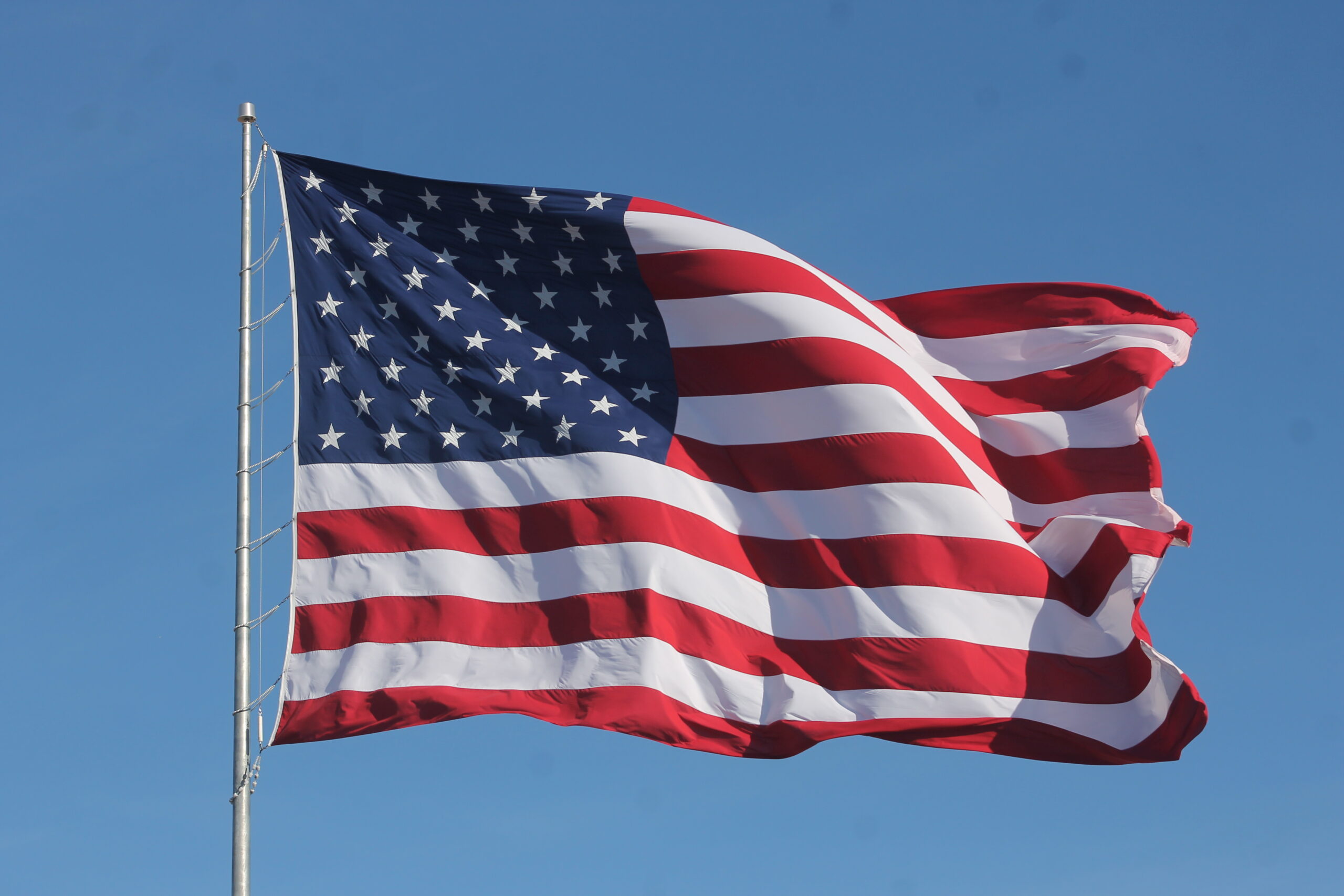On April 6, 2025, reports emerged detailing a wave of visa revocations affecting international students at U.S. universities, carried out by federal agencies including the Department of Homeland Security (DHS) and the State Department. This development has sparked alarm across higher education institutions, with universities like Stanford, the University of California system, and the University of Massachusetts Amherst confirming that students have had their F-1 visas abruptly terminated. The revocations, often discovered through routine checks in the Student and Exchange Visitor Information System (SEVIS), have left students facing immediate deportation threats without prior notification or clear explanations from authorities.
The scale of the crackdown is significant. Late last month, Secretary of State Marco Rubio announced that over 300 student visas had been revoked, a figure cited in connection with heightened immigration enforcement under the Trump administration. Affected institutions span the country, with specific cases reported at UC San Diego (six students), UMass Amherst (five students), Stanford (four students and two recent graduates), and others like Arizona State University (eight students) and Minnesota State University, Mankato (five students). The University of California system acknowledged impacts across multiple campuses but did not specify a total number. Universities have noted that federal authorities have not directly communicated the reasons for these actions, forcing administrators to scramble for answers and support for their students.
Speculation about the motives behind the revocations points to a mix of policy shifts and political priorities. Some link the actions to a January executive order from President Trump targeting campus activism, particularly pro-Palestinian protests, with the State Department reportedly using AI-assisted reviews of social media to flag students for deportation. For instance, a Tufts University doctoral student from Turkey, detained in March, had written an op-ed on Palestine, which Rubio cited as counter to U.S. foreign policy interests. However, other cases appear unrelated to activism—such as students at UC San Diego and UMass Amherst, where officials found no evidence of protest involvement—or tied to minor issues like resolved traffic violations or criminal record checks. This inconsistency has fueled confusion and criticism.
University leaders and advocacy groups have responded with concern and action. UMass Chancellor Javier Reyes called the revocations a blow to the school’s global mission, while UC officials emphasized their commitment to supporting affected students. The American Civil Liberties Union and academic associations have condemned the moves as unconstitutional, arguing they infringe on free speech and academic freedom. Lawsuits are emerging, and some universities are exploring emergency grants and legal aid for students now in limbo, many of whom face financial ruin after investing heavily in their U.S. education.
The broader implications are stark. International students, numbering over a million annually, contribute significantly to U.S. universities through tuition and research. This crackdown risks damaging America’s reputation as a top destination for global talent, with administrators like Miriam Feldblum of the Presidents’ Alliance on Higher Education and Immigration warning of long-term harm. For now, the situation remains fluid, with students, universities, and legal advocates bracing for what comes next as the Trump administration’s immigration agenda unfolds. What are your thoughts on how this might affect higher education or international relations?
